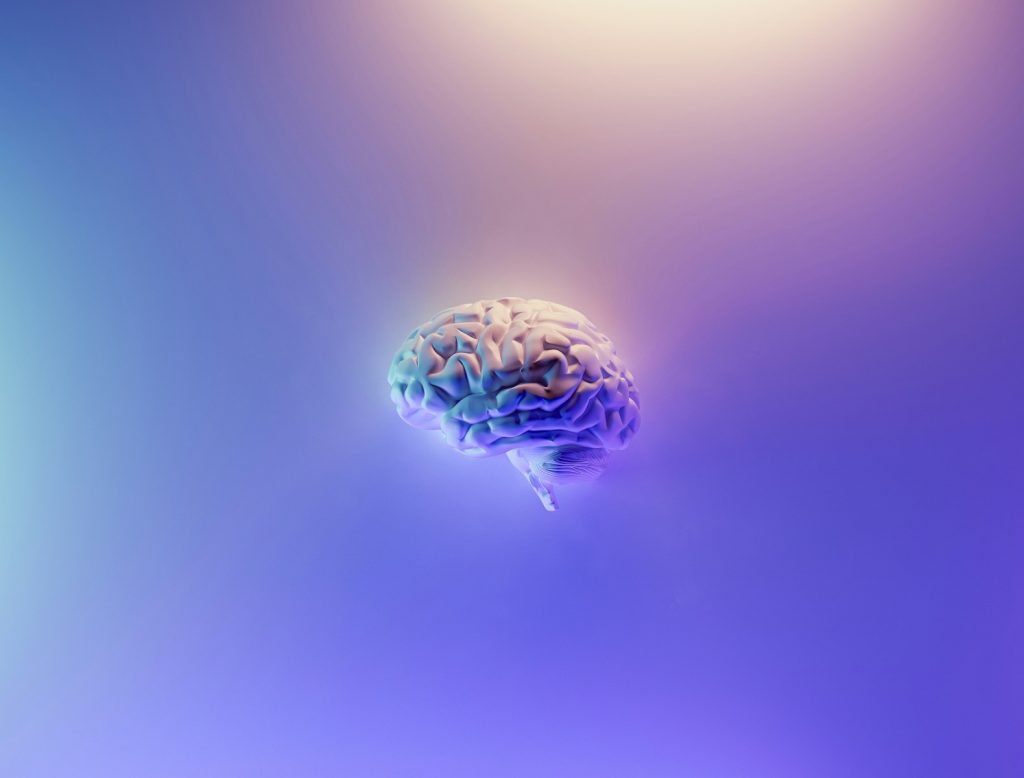DHA, or docosahexaenoic acid, is one of the nutrients required by the brain during the crucial early stages of development in the womb. This omega-3 fatty acid is the primary building block and most abundant fatty acid in the brain, influencing cellular communication and the action of neurotransmitters. An adequate on-going supply of DHA is required by the brain throughout life, with a recent study showing that DHA and EPA may play a role in alleviating oxidative stress and reducing the risk of neurodegenerative conditions.
Whereas DHA is the most abundant fatty acid in the brain, acetylcholine, which is derived from phosphatidylcholine, is the most abundant neurotransmitter in the brain. Acetylcholine is involved in many important central nervous system functions, including motor control and short-term memory, and has been shown to help maintain mental function. Research has highlighted that high choline intake during pregnancy may improve the baby’s cognitive function when going into adulthood and prevent memory decline associated with old age. Choline’s ability to do this is probably via its function as a methyl donor which supports brain development and gene expression.
Along with phosphatidylcholine, phosphatidylserine is another important phospholipid that helps improve memory and ability to handle stress. The brain usually produces sufficient levels of phophatidylserine but a deficiency of methyl donors, such as folic acid and vitamin B12, may inhibit production of sufficient phosphatidylserine. Low levels of phosphatidylserine are associated with impaired mental function and depression in the elderly.
Research has shown that Ginkgo biloba may help acetycholine uptake into the hippocampus part of the brain (involved in memory formation and storage) and may protect the structural integrity of the hippocampus. Gingko biloba has also been shown to increase cerebral blood flow, and hence oxygen and glucose availability, in the brain. As well as improving vascular function in the brain, studies have shown that Ginkgo biloba also has antioxidant and anti-inflammatory properties which may make it more effective in protecting the brain’s neurons.
Other neurotransmitters, such as serotonin and dopamine, are also involved in mental functioning. Folic acid and vitamin B12, both methyl donors, play an important role in the manufacture of these neurotransmitters. Research has shown that deficiencies in these vitamins are associated with increasing levels of confusion, particularly in the elderly. Studies have shown that some people with B12 deficiency and mild cognitive impairment, show some degree of improvement with B12 supplementation and an association between low folic acid levels and depression has also been found.



